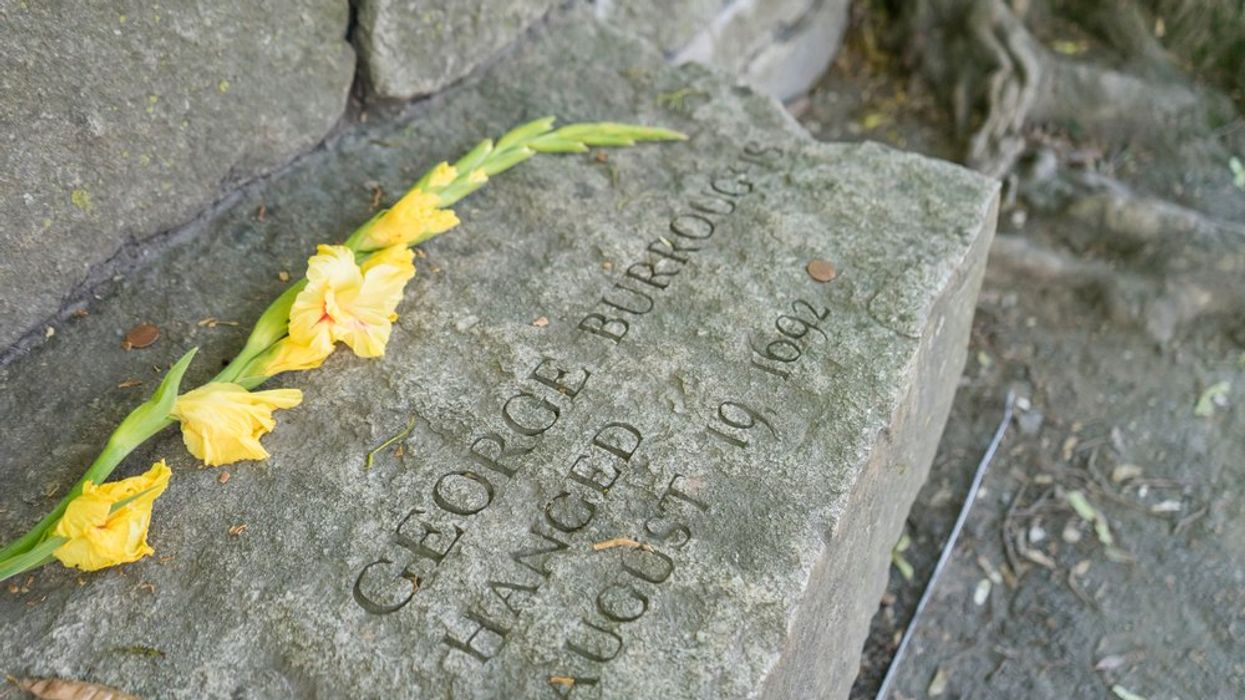After nearly 376 years, the innocent people accused of witchcraft in 17th century Connecticut have been exonerated.
The state recently passed a resolution in a 33-1 vote absolving those convicted almost four centuries ago. It was introduced by state senator Saud Anwar, who said that the legislation was “righting a wrong that has stood in Connecticut’s history for centuries."
“It’s never too late to do the right thing, and here it was very concerning that it was over 370-some years ago that people in our state ... were murdered because of a reason that has no moral standing. There was no legal standing," Anwar said, adding, “We cannot go back in time and prevent the banishment, tarnishing, or execution of the innocent women and men who were accused of witchcraft, but we can acknowledge the wrong hoods they faced and the pain they felt, pain still recognized by their survivors today."
In 16th and 17th century colonial America, witchcraft was a crime punishable by death. It was often blamed for unexpected deaths and illnesses, and those convicted were condemned often without evidence. Worldwide, an estimated 50,000 people were executed in witch-hunts between the 15th and 18th centuries.
In Connecticut alone, over 34 people were indicted on witchcraft charge. While many fled the state with their families, according to the Connecticut Witch Trial Exoneration Project, eleven were hanged.
One such case was Alice “Alse” Young, a botanist who was accused of orchestrating a plague that killed several children in nearby villages. She was the first of the eleven to be put to death, and has living ancestors in the state today. Hartford resident Susan Bailey, Young’s ninth-great-granddaughter, told the Washington Post that the resolution was "a long time coming," but it was "worth waiting for."
“It doesn’t matter that it was so long ago; it was somebody’s life that was taken unjustly,” Bailey, now 67, said. “It may not help her in the afterlife, but maybe it will. But the relatives of hers that know about her terrible death will gain some peace from it. It will help the healing process.”
Winifred Benham and her daughter were indicted on charges of witchcraft in 1697 before they fled to Long Island. Her ninth-great-granddaughter Sarah Jack spoke to the Connecticut House and Senate as the resolution was debated, noting that despite the convictions occurring centuries ago, the exonerations still hold weight today.
“More and more people were understanding the relevance of what we were asking,” said Jack, 47. “It’s not just because we want someone to tell us they’re sorry. We want everyone to start acknowledging that that type of targeting towards vulnerable women or men or children isn’t acceptable.”


















































